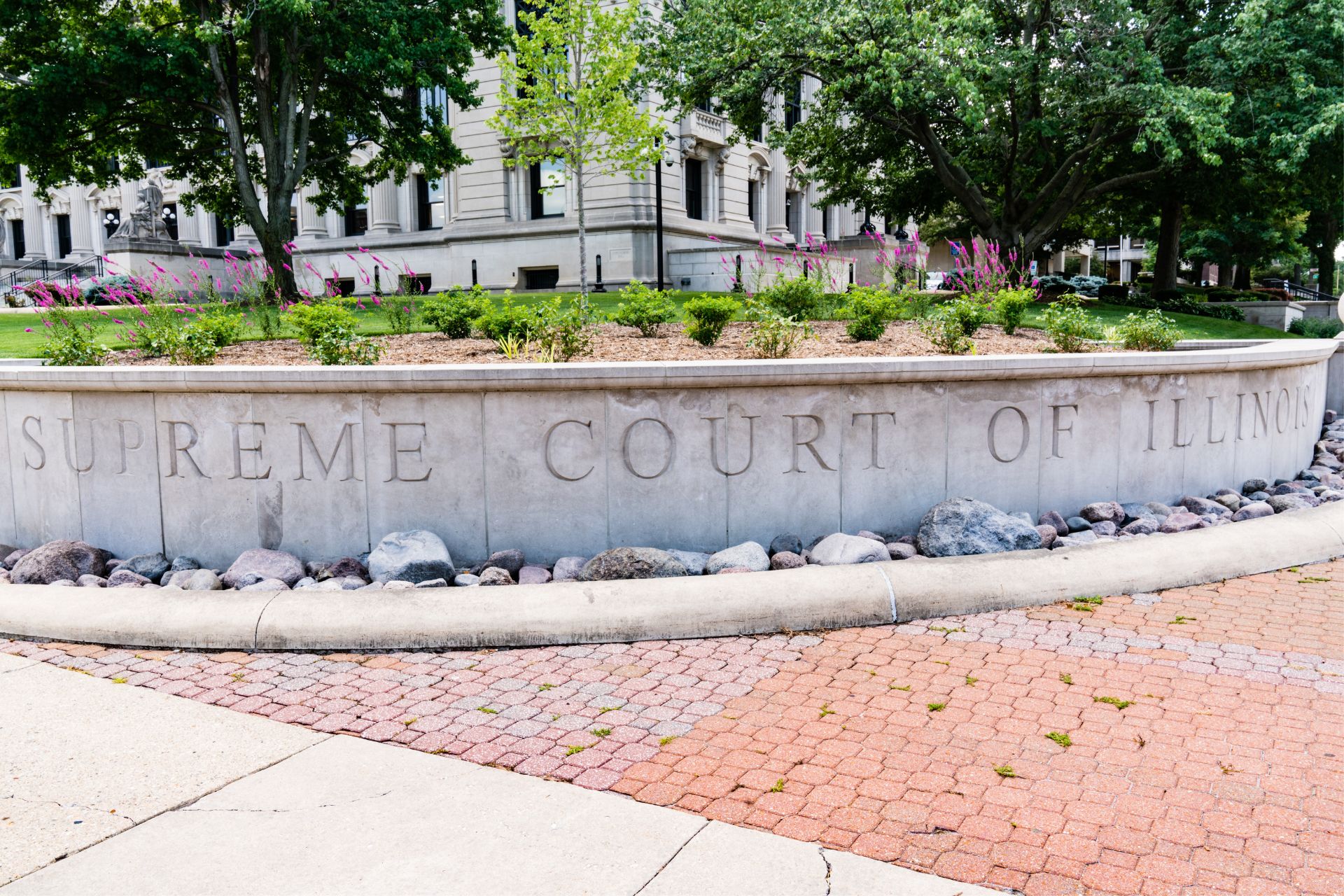While employers as a rule know that they must take reasonable measures to protect personnel records from unnecessary disclosures in the course of business, when employment litigation arises there are myriad records that may become subject to disclosure in discovery, including personnel records of the plaintiff as well as individuals who are not parties to the case, such as decision-makers and comparators in employment discrimination cases. Protective Orders can be entered to govern the use and protection of confidential information during the pre-trial discovery phase of litigation. But the principal of open access to court records can make protection of sensitive personnel information more complex if a record must be used as an exhibit that is to be filed in court or used at trial. With so many court records now readily accessible through electronic means, and the risk of identity theft an ever-present risk to society, employment counsel must be ever more vigilant in protecting information from unnecessary disclosure.
In Illinois, newly adopted Illinois Supreme Court Rule 138, which is effective Jan. 1, 2013, mandates that in civil cases “personal identity information shall not be included in documents or exhibits filed with the court.” The stated purpose of the rule is to protect information from disclosure that could provide the potential for identity theft, with the committee comments specifically noting that financial disclosures in family law cases must remain confidential to protect privacy interests.
Personal identity information under Rule 138 includes an individual’s social security number, date of birth, mother’s maiden name, driver’s license number, financial account numbers, and debit and credit card numbers. A court may order other types of information redacted or filed confidentially if consistent with the new rule. If personal identity information is disclosed, an affected individual can bring a motion to request that the personal identity information be redacted. If the court finds the inclusion of personal identity information in a court filing was willful, the court may award the prevailing party reasonable expenses, including attorney fees and court costs.













